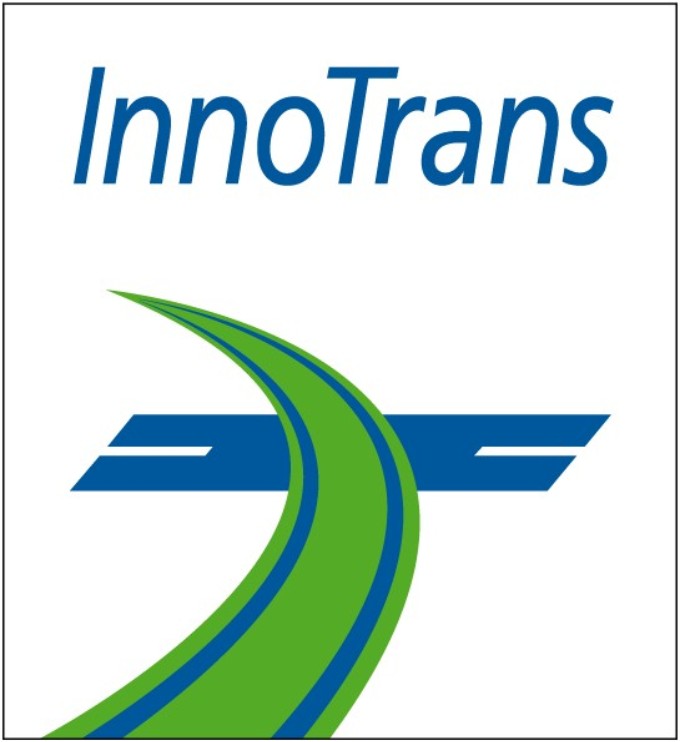Seiteninhalt
Presse-Information
From driverless trains to alternative drives – the InnoTrans Podcast with Alstom CEO Henri Poupart-Lafarge
One thing is clear: “Rail transport is the backbone of mobility for efficient and above all climate-friendly mass passenger transportation“, says Henri Poupart-Lafarge. It applies to goods transport too, which should be “invisible” if possible – and ideally take place at night and primarily by rail.
In the future, mobility will not only be greener and more digital, but more interconnected too. Whether long distances or the last mile – travel by different transport modes will be much more seamless and more comfortable, of that the Alstom CEO is sure. Travelling should no longer be regarded as time wasted and should offer maximum comfort. What the immediate future holds can be seen at the displays of the new Mobility+ and Travel Catering & Comfort Services segments at InnoTrans.
Innovative drive technologies for more sustainable transport
With its strategy entitled ’Alstom in Motion 2025’, Alstom is aiming to actively drive the transition towards greater sustainability, says Henri Poupart-Lafarge in the InnoTrans Podcast. That is why Alstom is planning to annually invest around 600 million euros in research and development. Technologies such as battery-electric drives for short distances or fuel cells for covering up to 1,000 kilometres will help to make rail transport more sustainable, he says. “Train manufacturing processes must become more sustainable too“, says Henri Poupart-Lafarge. Recycling plays a key role here.
The digital transformation must continue apace, as it supports and accelerates the transition to sustainable mobility. Not only do we need interconnected trains, the infrastructure must also be optimised using digital technologies. For instance, a new electronic signalling system installed on the Paris to Lyon line has led to a significant rise in capacity and more trains operating per hour. “We can minimise the environmental impact by maximising infrastructure capacity“, says Henri Poupart-Lafarge. Costs can be saved too.
First driverless trains expected in 2023
On the subject of driverless trains Alstom’s CEO is optimistic. He expects the first prototypes to arrive as early as 2023. Whereas fully automatic underground trains have been operating for decades, the complex nature of open train lines naturally poses huge challenges. A train’s long braking distance means any track obstacles must be reliably identified far ahead.
Henri Poupart-Lafarge would like visitors to the next InnoTrans to experience the same “wow effect“ as they did when the first fuel cell-powered regional passenger train made its world debut at InnoTrans 2018. It changed people’s perceptions of this technology. Back then, operators still had their doubts, but in the meantime fuel cell technology has become an accepted solution on long-distance routes.
You can find all the episodes of the InnoTrans Podcast here. Additional information on these episodes is available on our social media channels (LinkedIn, and on Twitter under @InnoTrans) as well as in our InnoTrans blog.
The next episode of the InnoTrans Podcast will be aired on 09 November.
About InnoTrans
InnoTrans is the world’s leading trade fair for transport technology and takes place every two years in Berlin. At the last event 3,062 exhibitors from 61 countries presented the global rail industry’s innovations to 153,421 trade visitors who came from 149 countries. The five segments at InnoTrans are Railway Technology, Railway Infrastructure, Public Transport, Interiors and Tunnel Construction. InnoTrans is organised by Messe Berlin. The thirteenth edition of InnoTrans will take place on the Berlin Exhibition Grounds from 20 to 23 September 2022. More details are available online at www.innotrans.com.


